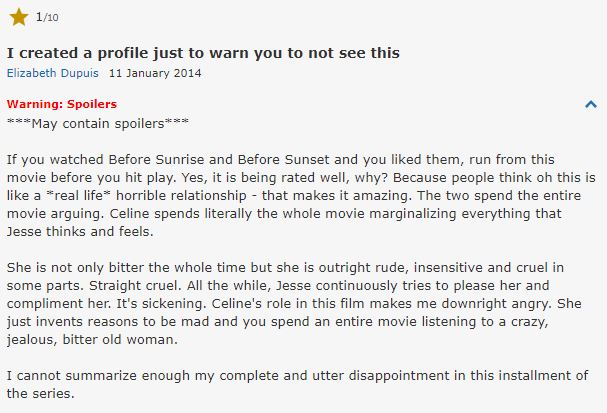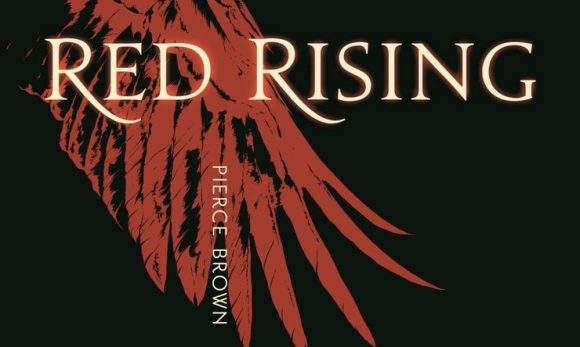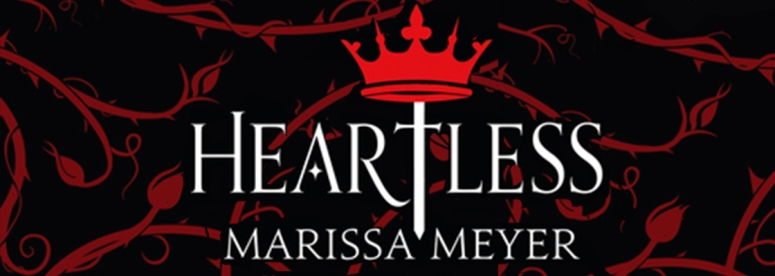Sometime last year, I saw a blogger talking about Before Sunrise and how it was her favorite movie. I didn’t think much of it until a week or two later, when something ended up on my dash referring to the Before trilogy. Now that caught my attention: three movies following the same couple, set in real time? Far more interesting than a standalone romance plot, if you ask me. I added all three films to my watchlist, but honestly didn’t think much of them for a while. But then I watched Boyhood and realized that Richard Linklater might possibly be a storytelling genius, which left only one option: a movie marathon. The first lazy Sunday I had in February, I sat down and watched all three movies back to back to back. I don’t know if this post counts as a review or not, but I’ll definitely be rambling about all three movies and my thoughts on each one. Thanks for looking!
Before Sunrise (1995)
While watching this movie, I found myself with a similar reaction as I had to Boyhood, albeit on a lesser level. Despite the quietness and meandering pace of the story, I couldn’t help but be wholly invested in what was happening. It seemed sacrilegious to even think about scrolling through my phone or cooking food while bearing witness to two people connecting in such a human way.

What worked for me: Linklater has a way of telling stories that resonate, and I think that’s largely due to how he captures basic human interactions. A lot of romance movies (and lots of movies in general) feature a plot point or character interaction that is wholly unrealistic. It can make it difficult to relate, even if it’s a beautiful or touching moment. The power of Linklater’s stories is the humanity of them– they’re so peaceful and unassuming. He manages to capture day-to-day moments and frame them in a way that feels a little more charming– as if the light was hitting them just right and making them look almost magical. I think he’s the visual medium equivalent of Billy Collins.
What didn’t work for me: Honestly, I would’ve totally bought into their relationship if not for one thing: Celine is WAY too good for Jesse. She’s clever, opinionated, mature, funny, and honest (and French, of course). He is none of things. He’s cynical and derogatory and irresponsible. In many ways, he feels like a manchild that she will be responsible for educating and elevating. She reminds me of myself in a lot of ways, and maybe that’s why I struggled with their interactions. It was impossible for me to ignore his red flags, and I wished she had been more up front about calling them out.
Favorite moment: The poet writing them the piece using the word “milkshake”.
Before Sunset (2004)
I think the first and third installments would have benefited from being the same length as this one. The impending time of departure carries a lot more weight for the viewer when you can feel the end sneaking up on you. I felt like Hawke and Delpy had even better chemistry here than in the first film, and I couldn’t help but be fascinated by the natural flow of their conversation and interactions.

What worked for me: Chemistry aside, there was one thing that really got my mind to spinning. As a disclaimer, I’m rather a fan of conspiracy theories (my personal favorite: Idaho doesn’t exist). My theory isn’t quite as preposterous as that one, but I googled it and apparently I’m the only one thinking about it! I couldn’t find a single post, review, or article, so here it is: is no one talking about the possibility of Celine being a figment of Jesse’s imagination?? I think he made her up.
What didn’t work for me: I have one huge qualm with this installment: how in the world did Jesse become a writer?? Sorry, but he’s dull as hell and previously showed no artistic inclination or creativity. However, his sudden and miraculous transition into becoming a writer did spark my aforementioned conspiracy theory, so I guess I can’t really complain.
Favorite moment: The last two lines. That was the most impeccable ending imaginable and it gives me chills just thinking about it.
Before Midnight (2013)
To be fair, I think this installment was probably far more profound for viewers in the same age group as Celine and Jesse. Those who had been following the trilogy since 1995 had aged along with the couple, which indubitably made their arguments and challenges far more relatable. However, it was my least favorite, largely because all those red flags I saw in Jesse 18 years ago come roaring to the surface and Celine is stuck with the aftermath.

What worked for me: The opening scenes remind me so much of A Bigger Splash, which I mean as the highest compliment. The idyllic nature of Greece just feels so soothing and drowsy. It makes me want figs and sparkling wine on a sun-baked veranda. It was also interesting to see the two characters interact with other people for the first time. It was a risk on Linklater’s part, and I think it paid off.
What didn’t work for me: gaslighting, gaslighting, gaslighting. Jesse invalidates Celine’s emotions, disregards her reasons to be angry, and continuously attempts to sweep her feelings under the rug. He calls her “the mayor of crazy town” and belittles her for “carrying that much feminine oppression”. It was really disheartening to read IMDb reviews and realize how many people thought Celine was “being a bitter bitch” or was “totally overreacting”.

The ending also felt like a total copout. Watching Celine resign herself and dumb herself down at the cafe broke my heart. She had been making compromises for so long, and it felt like each time she did, she lost a little more of herself. You could actually see the moment she gave up.
Favorite moment: Celine storms out of the hotel room for the third time, but this time she leaves the keycard. The finality of that moment was so sublime, and the fact that she intentionally left it behind made me gasp out loud.
Overall, this was a deeply enjoyable and admirable undertaking. It’s rare to see such dialogue heavy films, much less ones that successfully execute such a specific stylistic choice. While I had my qualms throughout the series (primarily with Jesse being the worst), it was well worth the lazy Sunday to watch all three films in succession. I’ll probably be perusing more Linklater projects in the future, as I really haven’t come across another storyteller like him.






